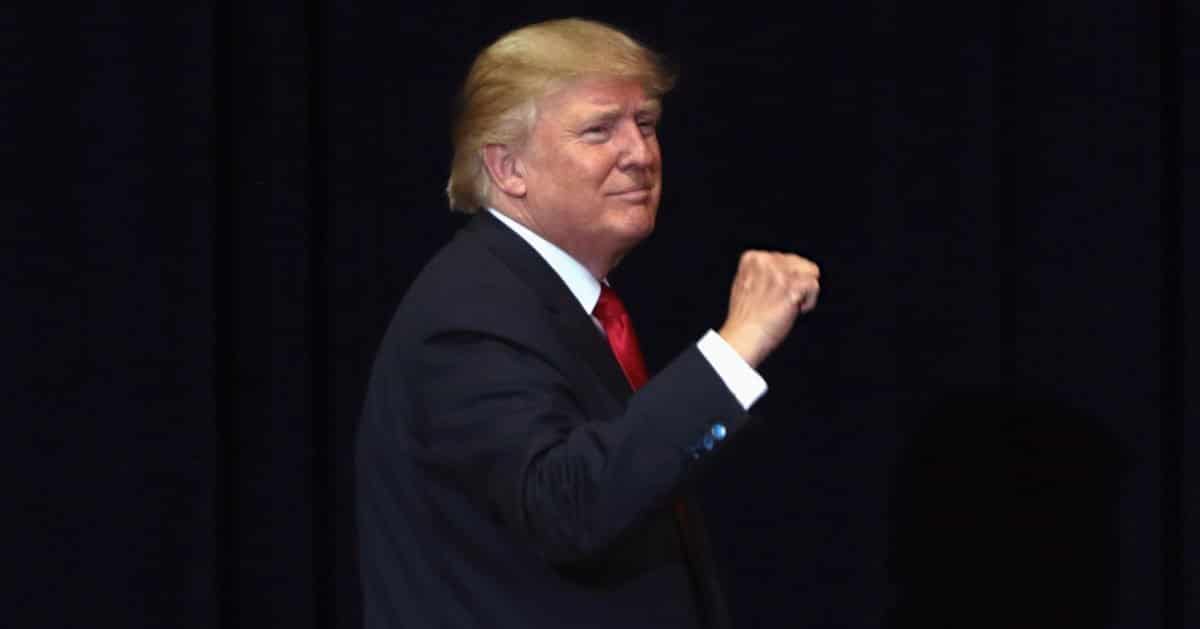








Kash Patel's nomination as director of the Federal Bureau of Investigation has advanced to the Senate floor following a contentious vote in the Senate Judiciary Committee.
Fox News reported that with a 12-to-10 vote, the committee pushed Patel's nomination forward, despite facing staunch opposition from Democratic senators.
The full Senate vote on his nomination could occur as early as next week, marking a critical juncture in Patel's bid to lead the FBI.
The nomination process has been marked by notable delays, such as the week's postponement sought by Democrats to further assess his qualifications and past actions.
Patel had already undergone extensive evaluation, having testified before the committee for over five hours. In his effort to address lawmakers' concerns, he submitted thousands of pages of relevant documentation and nearly 150 pages of responses to written inquiries. Despite these efforts, his critics remained firm in their scrutiny.
Sen. Charles Grassley highlighted the rigorous vetting process Patel had undergone, defending him against sustained attacks on his character. "The Senate Judiciary Committee has examined every detail of [Patel's] life," Grassley remarked, emphasizing that the nominee had been subjected to relentless critique.
Patel's past has been particularly contentious due to allegations surrounding his involvement in purported mass firings at the FBI prior to his nomination.
Sen. Dick Durbin accused Patel of being personally involved in what he described as a “purge.” However, an aide close to Patel rebuffed these allegations, asserting that the nominee was simply awaiting the confirmation process's conclusion.
Among the points of contention is Patel's critical stance towards past investigations involving former President Donald Trump.
He has been an outspoken detractor of what he perceives as unsupported claims about the 2020 election's integrity. In his 2023 publication, Patel criticized the FBI, portraying it as an instrument of "Deep State" influence.
Despite this track record, Patel has assured senators that he will maintain a non-political environment and refrain from retributive measures against agency personnel. "There will be no politicization at the FBI," Patel pledged, vowing to keep the agency free from political influence.
Another significant point of dialogue has been his position on Section 702 of the Foreign Intelligence Surveillance Act. Patel expressed his belief that requiring a warrant for urgent national security matters is impractical. He emphasized the difficulty of ensuring such requirements align with the agency's critical mission.
Patel has also addressed concerns over the January 6 Capitol riot, stating his disapproval of pardoning those who engaged in violence against law enforcement.
He stressed his unwavering rejection of any acts of aggression towards officers of the law, distancing himself from controversial commutation proposals.
His tenure under Trump's administration involved significant national security responsibilities, extending to counterterrorism and intelligence roles. Patel has promised a recalibrated focus for the FBI, prioritizing traditional law enforcement duties over prosecutorial decision-making, which he hopes will foster transparency.
Critical to his vision is enhancing the agency's operations by streamlining headquarters functions and enhancing the presence of field agents throughout the country. A major emphasis has been placed on fortifying bonds with local law enforcement agencies to advance the FBI's core mission.
Patel has also pledged to back congressional scrutiny, assuring that the FBI will better handle lawmakers' inquiries. His stated objective is to bolster the agency’s transparency and rebuild trust with legislative members.
"Members of Congress have hundreds of unanswered requests to the FBI," Patel noted, promising to advocate for decisive congressional oversight should he be confirmed. According to him, ensuring openness in operations is vital to restoring confidence in the FBI by simply being responsive to legislative concerns.



